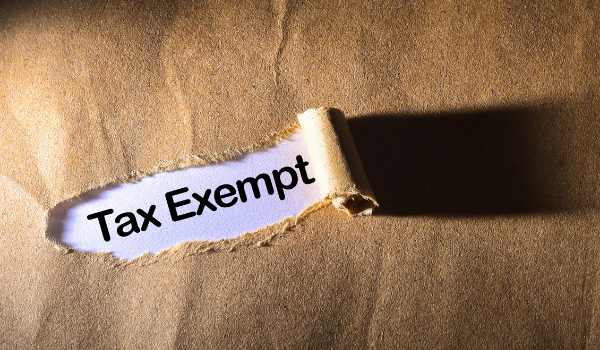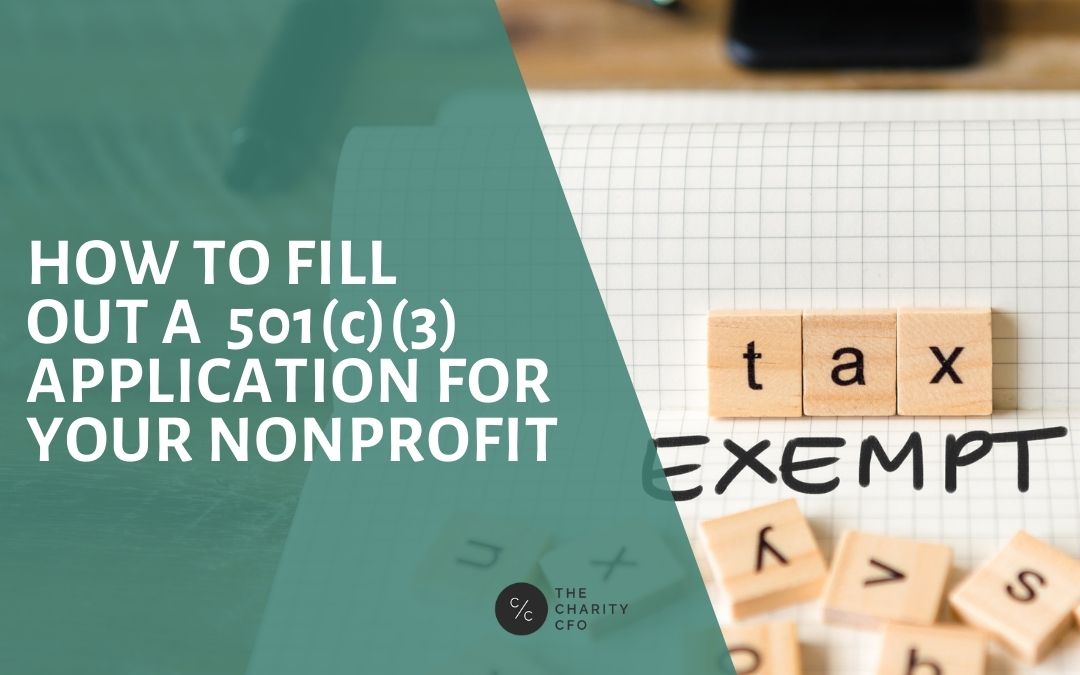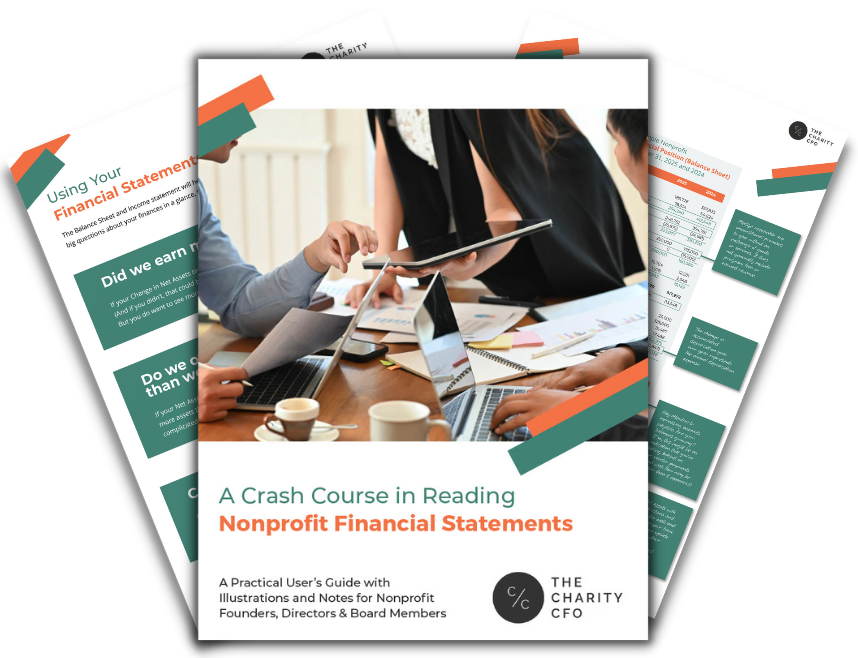

Starting a nonprofit organization can be confusing and tricky, especially if it’s your first time and you don’t have any experience filling out a 501c(3) application. However, filling out the application is an essential step in setting up a nonprofit charity with the full benefits of tax-exempt status.
Follow along below as we discuss tips on how to fill out your 501c(3) application correctly so that your request is approved and your organization can get off to a great start .

A 501c(3) application is a document nonprofit organizations file with the Internal Revenue Service (IRS) to request tax-exempt status as a charitable organization. IRS Form 1023 is the document you must complete to apply for tax-exempt status with the IRS as a 501c(3).
Once granted tax-exempt status, your organization is exempt from paying federal taxes on revenues from donations, grants, and income your nonprofit generates in carrying out your stated mission. When you’re not giving a percentage of your income to the IRS, you can use those financial resources to carry out your nonprofit’s mission.
PRO TIP: Only income from activities “related to your mission” are exempt from tax. For more details on this, check out our article on which taxes nonprofits do (and don’t) have to pay here.
IRS Form 1023 is 28 pages long, and some applications can reach more than 100 pages when you count the attachments and schedules needed to substantiate your application. The more information you include with the form, the lower your chances the IRS will have additional questions.
Think of Form 1023 as a business plan for your nonprofit organization, including your governing structure, planned programs, and purpose. The IRS wants to see detailed information on how you plan to carry out your stated objective. And they want to ensure that your organization has the resources to follow through with your planned programs.
The IRS will also look out for possible conflicts of interest that can be grounds for denying your application for tax-exempt status.
Before you file your application, you’ll need to choose a type of legal entity for your nonprofit organization. The most common legal entity for a nonprofit is a C Corporation, but you can also be an LLC, unincorporated association, or a trust.
Which organizational type is right for you depends on what kinds of activities or services your organization will provide. But you’ll need to decide on your business entity type before applying for tax-exempt status because you need to file formation documents before submitting Form 1023 to the IRS.
You’ll also need to have an Employer Identification Number (EIN) before completing Form 1023. (You can get one for free by filing Form SS-4 with the IRS.)
Now that you are ready to apply for a 501c(3) status with the IRS, you need to decide whether to file a Form 1023 or a Form 1023-EZ.
Form 1023 is considered the long-form version. It is a thorough questionnaire about your nonprofit organization over 40 pages long. You’ll have to pay $600 to file the form, and processing times can be as long as 6 to 12 months.
The shorter Form (1023-EZ) is more manageable to file, so many eligible nonprofits elect it over the longer form. If your nonprofit expects to have less than $50,000 in annual gross receipts in each of the next three years and does not have assets exceeding $250,000, you can file the shorter form. The form is only three pages long. It costs $275 to file with the IRS. And you’ll typically get a response within 2 to 4 weeks.
PRO TIP: Consider your choice carefully before deciding which 1023 to file. The EZ form is simpler, but there are some potential drawbacks to taking the easy path, like a higher audit rate and trouble securing large grant funds. Thoroughly assess your plans and goals before deciding which best fits your needs.

Starting a nonprofit organization can be confusing, so you should seek professional legal advice. Unfortunately, many people shy away from seeking legal help because they think it will cost them a lot of money. In reality, you might spend more money correcting your mistakes if you decide to do it yourself, especially if you make errors in your application or incorrectly file forms.
You must submit a complete form to the IRS, including all the required attachments, or they won’t be able to approve your application. In some cases, it can take up to 18 months for the IRS to approve. Ensuring all your paperwork is in order can help avoid further delays.
Here are the documents that you should with your application:
If you formed a corporation, you must ensure that you have all the legal formation documents required in your state and attached to your application. These can include Articles of Incorporation and a list of your Board of Directors and officers.
You may also need to include the business plan for your nonprofit and bylaws. The more information you have with your application, the less likely they will come back to you for additional questions or ask for other documentation.
The bylaws are fundamental to your operation as a nonprofit. They can be beneficial for regulating your members and officers and the Board of Directors to make sure that no unexpected conflicts of interest arise.
You have to supply financial statements for the year and a proposed budget plan for at least the next two years for newly-established nonprofits. If you have been operating for at least three years, you need to show the current and prior year’s financial statements.
You declare your organization’s purpose to the IRS, which is the primary objective that your nonprofit wants to achieve. You’ll also need to give details on your planned projects. The IRS wants to ensure that your nonprofit will provide legitimate services to the community you choose to serve.

After you’ve filed your 1023 for 501(c)(3) nonprofit status, it’s mostly a waiting game. Depending on which form you filed and how complete your application is, you may receive a letter of determination in as little as a few weeks. Or it may take up to a year or more.
In the meantime, the IRS says you should act as if your application will be approved. That means you should go about your activities as if you are exempt from federal taxes. And you should file IRS form 990 at the end of your fiscal year instead of a tax return.
The one tricky topic during the waiting period is donations. Your donors’ contributions will only be tax-deductible for them if your application is approved. Once you get your approval, all donations are tax-deductible retroactive to the date of your application. But if your application is rejected, those donors will not be able to claim a tax benefit from any money they’ve donated to you.
Hopefully, your application will be approved quickly, so you and your team can start raising money and executing your mission to help make this world just a little bit better!
After your 501(c)(3) application is approved, you will have A LOT to keep track of— donations, grants, expenses, program fees, and more. Keeping up with all that, bookkeeping and accounting often distract young nonprofits from accomplishing their mission.
Nonprofit accounting is a challenging task that requires experience, know-how, and familiarity with the specific rules that nonprofits need to follow. An outsourced nonprofit accounting service can help keep you from getting bogged down in the paperwork, keep you out of trouble with the IRS, and help you create a well-planned path to financial success.
If you’re looking for a skilled nonprofit accountant to accompany you on your journey, reach out to The Charity CFO to see if we can help you!

Get our FREE GUIDE to nonprofit financial reports, featuring illustrations, annotations, and insights to help you better understand your organization's finances.